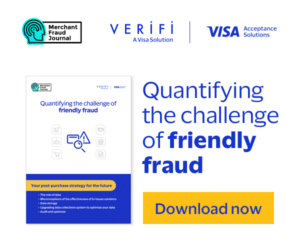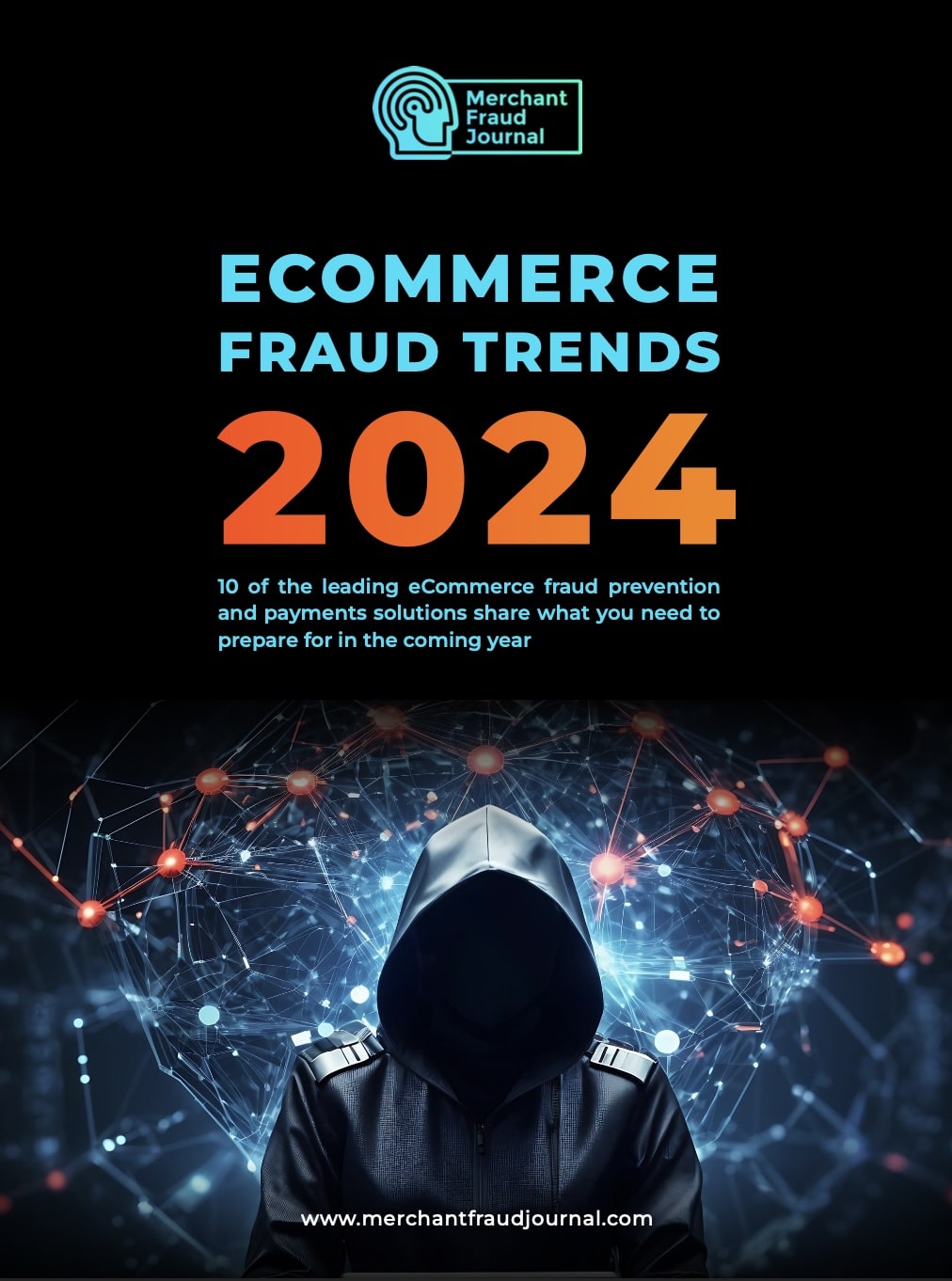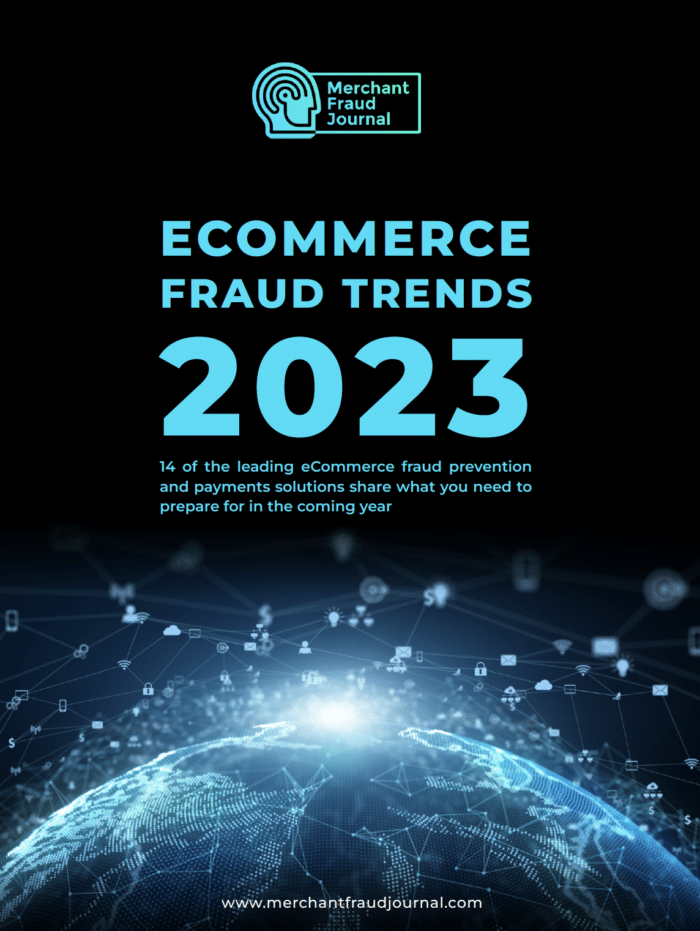Below is a far-ranging interview conducted by Merchant Fraud Journal with Piers Horak Piers, Chief Commercial Officer at The ai Corporation (ai). He discusses fraud prevention in the energy sector, the use of AI/ML in fraud prevention, swapping/closing/skimming fraud, and more.
1. The ai Corporation works with a number of fuel retailers, what are some of the unique challenges businesses like these, face, when it comes to fraud prevention, and how does that drive the nature of your partnerships together?
We enhance a number of fuel retailers’ fraud detection and prevention capabilities by combining our unique, cutting-edge, Autopilot Machine Learning (APML) technology, which automates the optimisation of its anti-fraud systems, with our RiskNet® fraud management platform, and our team of managed service expert analysts.
ai’s suite of unique fraud management products and alerting services enable fuel retailers to reduce the impact of fraudulent activities, including card cloning, card swapping and skimming; as well as identifying and stopping fraud before it takes place. Allowing those retailers to focus on their core offering and leave transaction security to us.
2. You mention Autopilot Machine Learning (APML) technology can optimise anti-fraud systems automatically. What makes this system different from other AI/ML solutions?
What sets aiAutopilot ML® apart from other AI/ML systems is its proactive approach to fraud strategy management. Our system consistently generates fraud strategy change recommendations, typically daily, for review and implementation by fraud managers. This process saves them an impressive 80% of the time that would otherwise be spent on this task, enabling them to redirect their efforts toward more customer-centric and revenue-generating activities.
In contrast to many AI/ML solutions that primarily focus on developing static fraud models, which require frequent and costly manual review and updates by specialized experts, aiAutopilot ML® takes a dynamic approach. Continuously evaluating the most current data and autonomously generating its own machine learning models and conventional rules to combat both ongoing and emerging types of fraud. Once these models and rules are in place, aiAutopilot ML® doesn’t stop there. The system rigorously assesses each model’s performance against the latest data and subsequently provides suggestions to fraud managers for optimizing their fraud strategy. Those recommendations encompass everything from the addition of new rules to the strategy, to the removal of rules that are no longer effective. The outcome is a more streamlined and highly efficient fraud strategy. Which not only significantly reduces the time burden on fraud managers; but also lowers the overall number of fraud alerts that the fraud review team need to contend with. This, in turn, leads to a more sustainable anti-fraud solution.
As the volume of payment data and fraud cases increases, traditional approaches often require huge fraud teams to manage the growing workload. However, aiAutopilot ML® averts that need by maintaining the workload at a manageable level through its automated and adaptive capabilities.
3. What are some of the strategic benefits and disadvantages of tackling a specific type of fraud, such as fuel cards?
We believe there are several benefits to our focused approach, namely:
- Targeted Fraud Strategies: The implementation of behavior-specific fraud strategies leads to a reduction in false positives. By focusing on specific patterns of behaviour, fraud detection becomes more accurate and less prone to flagging legitimate transactions as suspicious.
- Improved Speed of Detection: Behavior-specific strategies often result in a quicker detection of fraudulent activity. This swift detection capability enhances the potential for effective fraud mitigation, limiting the damage caused by fraudulent actions.
- Adaptation to Advancements: With the ever-evolving technology landscape and the rapid growth of electric vehicles, new data points become available for analysis. To effectively address these changes and harness the value of new data, scalable solutions are necessary for interpretation and utilization.
- Past-Focused Strategies: A fraud strategy built solely on historical data or one that concentrates on a single behavior type might miss new or existing areas of heightened risk. As the fraud landscape evolves, an effective prevention strategy should be able to incorporate emerging data and detection methods. This requires a flexible and scalable infrastructure capable of accommodating these changes.
In summary, while behavior-specific fraud strategies offer numerous advantages, such as increased accuracy and faster detection, there is a risk of overlooking emerging threats, if strategies are based solely on historic data. An ideal approach combines the benefits of targeted strategies with the flexibility to adapt to evolving fraud scenarios and new data sources.
4. What are some of the latest fraudster strategies and techniques you are seeing when it comes to swapping/cloning/skimming, and how are you working to counteract them?
Fraud is an ever-evolving challenge for financial institutions, and card swapping, cloning, and skimming is currently one of the key threats. That is mainly down to the increased accessibility of advanced technology. The growing availability of sophisticated surveillance and electronic technologies has made it easier for criminals to conceal skimming devices. In particular, the increased use of 3D printers allows for the creation of device housings that appear more official and professional, reducing the likelihood of detection.
Predictive Modelling and Behavior Profiling is one of the key tools we use to combat this. Ongoing advancements in predictive modelling and behavior profiling have empowered us to enhance the speed of fraud detection. These techniques enable the identification of potential points of compromise and customers with relational links who may be at risk. As part of our ongoing efforts, we seek to further refine these methods to proactively identify high-risk customers before they experience their first incidence of fraud. This proactive approach increases the potential for fraud mitigation and minimises its impact.
5. Optimizing transactions obviously encompasses more than just stopping fraud. What are some of the other services you currently offer merchants?
The ai Corporation (ai) was founded in 1998 and has a long and exciting heritage as one of the world’s leading companies in fraud management but offering a much wider set of solutions to multi-channel merchants, banks and cardholders has always been a central part of our strategy. So, we also provide a full suite of fully automated end-to-end payment solutions that require minimum human intervention by utilizing AI and machine learning.
Today, those solutions enrich payments experiences for more than 100 banks and fuel card issuers, over three million multi-channel merchants and over 300 million consumer cardholders.
Here is an overview of the products and services we offer:
- aiGateway® is a high-performance, PCI-compliant, cloud based white-label omni-channel e-commerce payment gateway with integrated fraud prevention. It is easy to deploy, simple for merchants to integrate and use, and provides high-speed merchant sign-up and onboarding, with access to mainstream and alternative payment methods, ensuring maximum sales conversion and payment acceptance, whilst mitigating any risk exposure.
- aiEazyFuel® is a fully managed, omni-channel, PCI compliant cloud-based payments platform for fuel retailers and digital mobility fuel card providers. It delivers a range of services including closed loop, open loop and hybrid EMVCo compliant chip and PIN card and payment instrument issuance. The platform enables a range of functions, including issuing, acquiring, switching, authorisation, transaction capture, account processing, pricing, rebating, and invoicing. aiEazyFuel® optimises payments processing for retailers and issuers of all sizes, from the independent dealer to the multinational organisation.
- aiFraud Managed Service™ is a specialist team offering end to end fraud strategy development, implementation, and alert management. Using a combination of tools, the team of subject matter experts work with clients to design and manage adaptive fraud strategies targeting emerging fraud trends, to effectively balance fraud loss against customer experience and operational capacity.
- aiRiskNet® is a pre- and post-authorisation self-service fraud management platform for the detection and prevention of fraud and other suspicious behaviours across issuing and acquiring portfolios. aiRiskNet® is fully compliant to all card scheme rule management requirements and can be deployed with our machine learning solutions, including aiAutoPilot ML® and aiSmartScore®, for advanced transactional fraud prevention.
- aiAutopilot ML® is a machine learning powered fraud rule optimisation and automation tool which automates the analysis, evaluation and deployment of fraud rules and strategies, freeing up clients’ fraud teams from these repetitive manual tasks and focus on other valuable activities.
- aiSmartScore® is a behavioural-based neural network that is used to complement fraud strategies and rules, improving fraud detection rates and lowering false positive ratios. Harnessing the power of machine learning, aiSmartscore® automatically finds patterns in large data sets to accurately identify and prevent fraud from occurring.
- aiSmartIntelligence® uses ai’s predictive analytical capability which identifies risks and pinpoints business opportunities we find in transactional data and other data feeds such as CRM. Providing management opportunity dashboards that help our clients move from knowing what happened, to predicting what will happen.


















